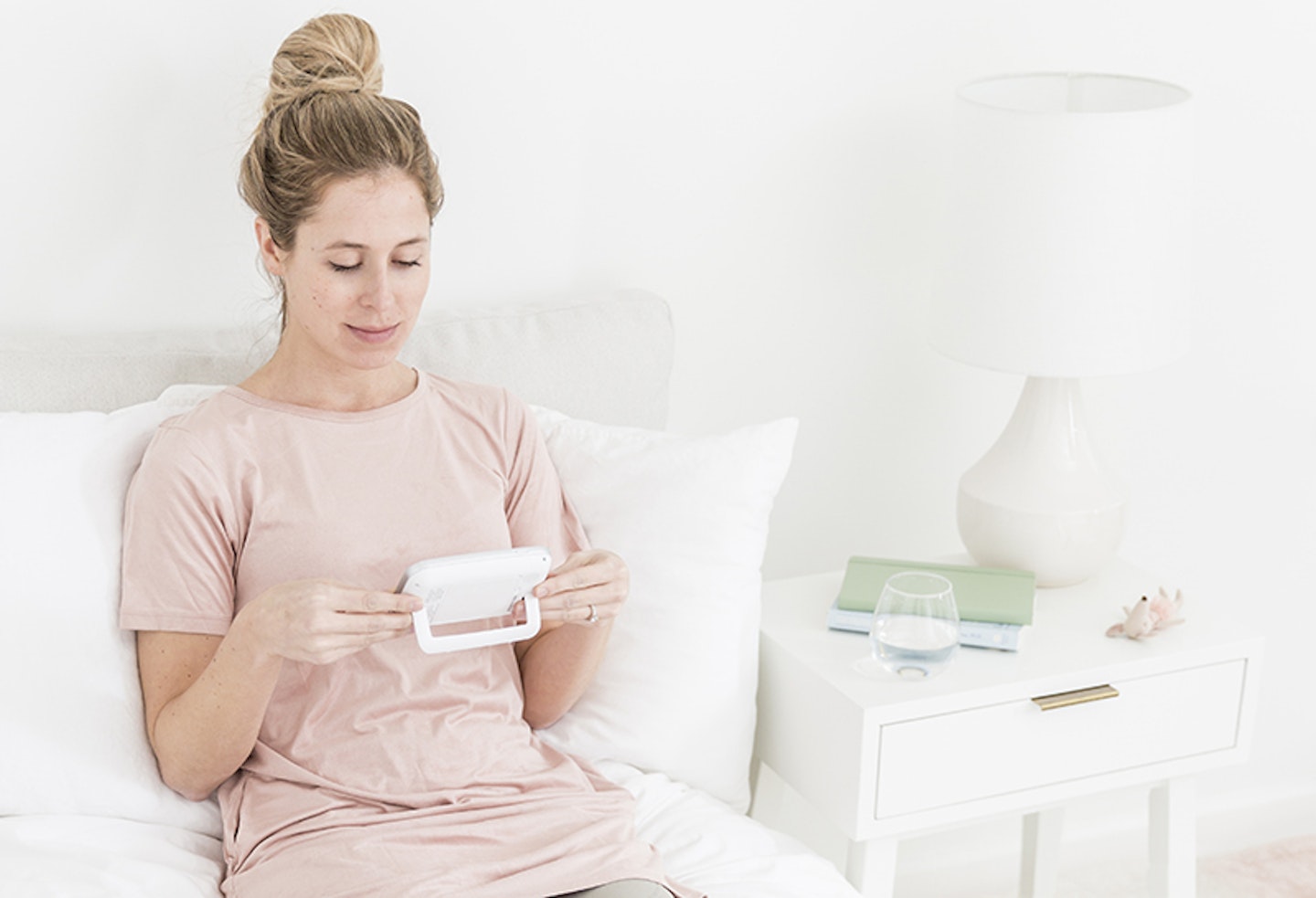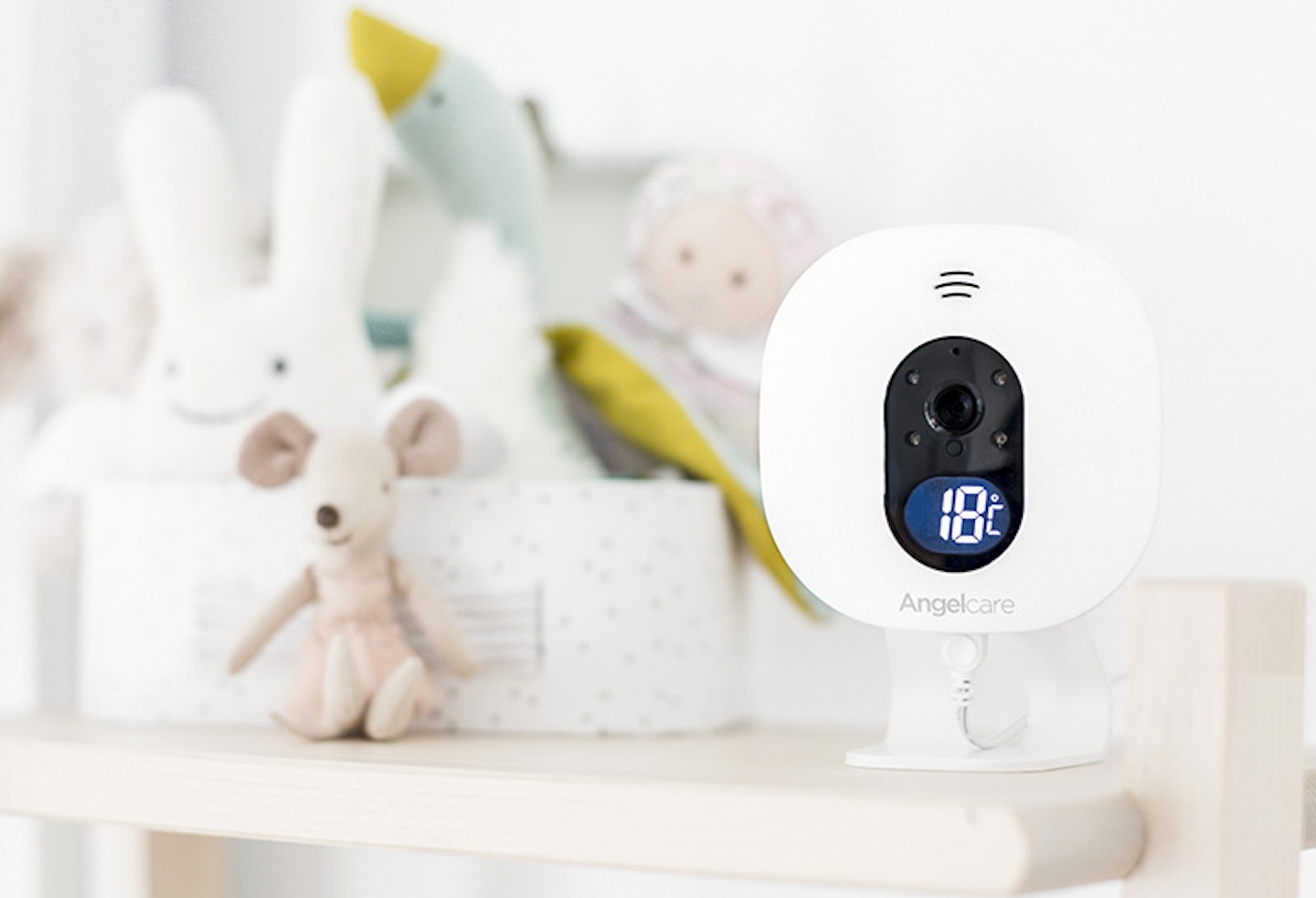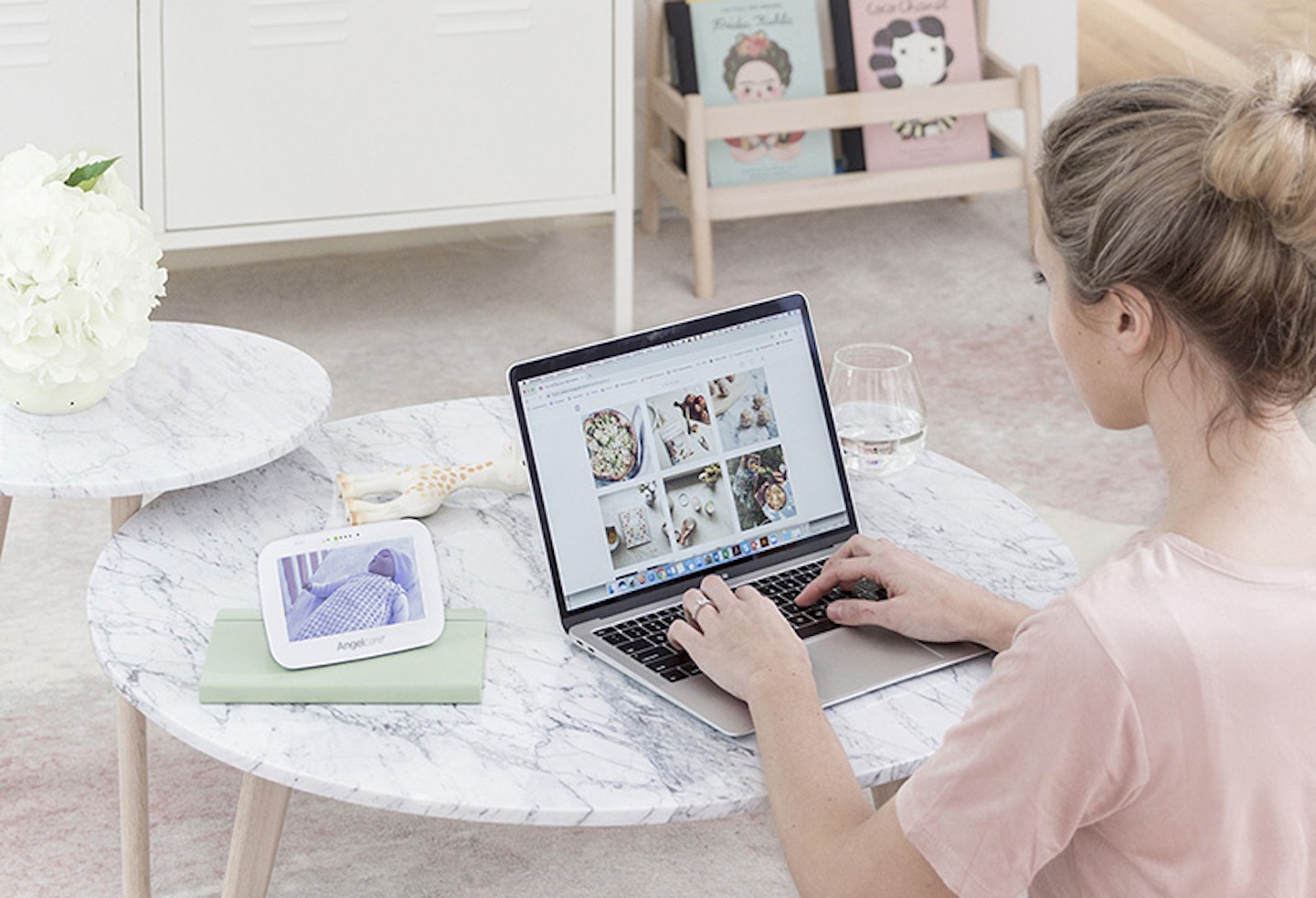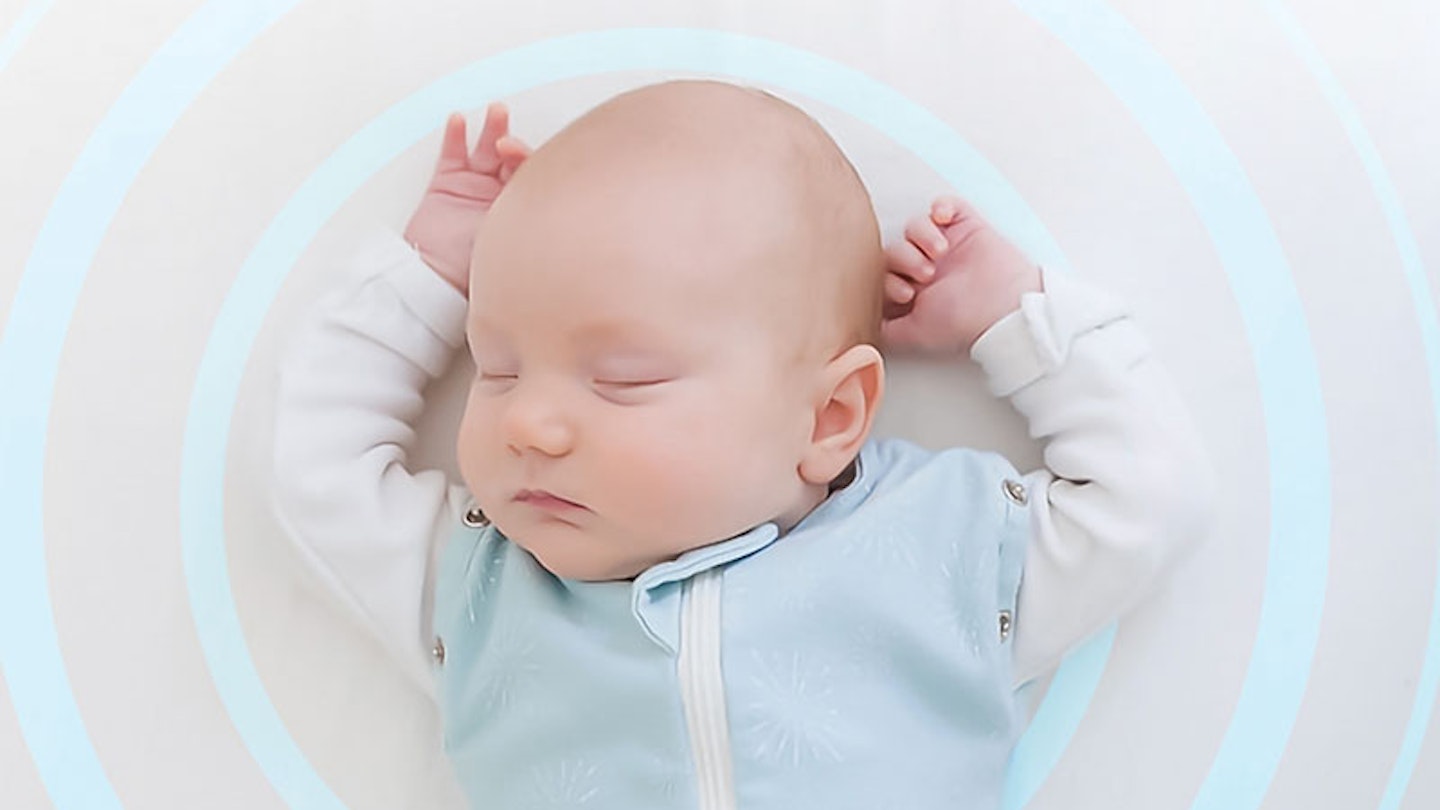Advertisement Feature
There’s nothing quite as satisfying as a happily sleeping baby. After hours (or what feels like it) trying to soothe them, when they finally drift off and silence reigns once again there’s something rewarding in peeking through the door, or checking your baby monitor and seeing your baby sound asleep.
For over 20 years, Angelcare has been at the forefront of parents’ minds, setting the standard in the world’s best baby items. Angelcare’s award-winning range of baby monitoring systems combine the best of movement, video and audio technology, so they know a thing or two about sleeping babies. Here’s their insight on some commonly asked questions about infant and toddler sleep…
What do I need to know about my newborn’s need for sleep?
In the first 3 months newborn babies sleep on average 14-17 hours per day, and usually wake up every 3-4 hours for a feed. This is completely normal. We understand that this can be extremely tiring for new parents so we recommend trying to get as much rest as you can whilst baby sleeps.
When is a good time to introduce a bedtime routine?
You may feel ready to introduce a bedtime routine when your baby is around 3 months old, and we recommend that you get into a routine as soon as possible. This will not only help baby but also you – it can also help to prevent sleeping issues later on in their life.
What might a good bedtime routine entail?

A good bedtime routine is personal to you and your baby. In the last hour before your little one is due to go to sleep it's a good idea to start to wind down for the day. That may involve bathing baby, listening to soothing music and having a relaxing feed. Both you and baby should feel calm at this time and that should naturally lead to a good night time routine.
When should a baby sleep through the night?
This all depends on your baby as each child is absolutely different. There is no ideal or correct answer to this question, but you would normally expect baby to start getting into some sort of regular sleep pattern from 3-6 months. The sleep patterns will no doubt change as your baby goes through their development and milestone changes. Just remember routine is key and getting a "bedtime routine" in early is important. In fact, we recommend it.
When should a child stop napping? How long should a nap be?
From 0-24 months each baby's nap time(s) varies, nap times are very different for each child. Generally by the age of two most children will have 1 nap a day, some none. Trust your instincts and listen to your baby, you will naturally fall into routine as you read sleep cues. The NHS is a great place to start when looking at what sleep is expected for your little one, check the NHS baby sleep recommendations here.
How much sleep do different ages need?
Sleep is really important at every stage of a baby’s development, although the older a child gets the less sleep they need. A newborn needs around 14-17 hours of sleep, once baby hits 4-6 months they will sleep on average 12-16 hours per day. At 7-11-month olds your baby will need around 10-12 hours of sleep. Once again check the NHS link in the question above to delve into the "sleep thing" further.
What are the benefits of using a monitor?

Monitors can be a real reassurance for parents especially when it comes to the day that baby is sleeping in their own room for the first time. We understand that parents want to feel confident that when they are sleeping their baby is safe and they have something to alert them to fact they may not be. All Angelcare monitors are 3-in-1 meaning that video, movement and sound are all monitored, with a simple system that will only alarm you if baby has not moved for 20 seconds. Monitors are a good way for parents to feel supported and reassured because bedtime is stressful enough.

Why is good quality sleep so important for a baby?
Sleep is such a key part of a baby’s development as it allows for the body to rest and recharge. When a baby sleeps this is when they do the majority of their growing. Sleep also allows for the brain to develop both physically and in terms of thinking and learning.
What is an optimal sleep environment for a baby?
One of the most important things you can do to protect your baby is to put them to sleep on their back on a flat firm surface. Not on their side or tummy. Place your baby in the ‘feet-to-foot’ position (feet at either end of their cot front) either swaddled or alternatively place them in a baby sleeping bag. The safest place for your baby to sleep is in a crib, cot or Moses basket in the same room as you for at least the first six months. That includes any daytime naps as well as at night.
Advanced SensAsure technology in our Movement, Video and Sound Monitors track the movements of baby’s chest whilst is rises and falls as well as every wriggle of the baby across the surface of the whole mattress. The alarm from the parent unit will only sound if no movement is detected after 20 seconds so you can try to relax knowing that your baby is sleeping safely.
Angelcare AC527 Movement Monitor
You can purchase the Angelcare AC527 Movement Monitor with Video & Sound with 20% off at Angelcarebaby.com use the code – MB20
Some of the benefits of this monitor include:
-
Non-contact monitoring which means that the wireless movement sensor pad is placed safely under the mattress at the time of installation, so there is no need for itchy or intrusive equipment to placed on your baby each time they sleep
-
There is no use of a WIFI connection or apps so there is not a risk of video hacking or downtime issues with apps with the monitor
-
Two-way talk back mode
-
5” Touchscreen Parent Unit
-
An additional Nursery Unit and Sensor Pad can be added to monitor multiple children
Find out more about Angelcare products at angelcarebaby.com. and you can follow Angelcare on Facebook, Twitter and Instagram.
